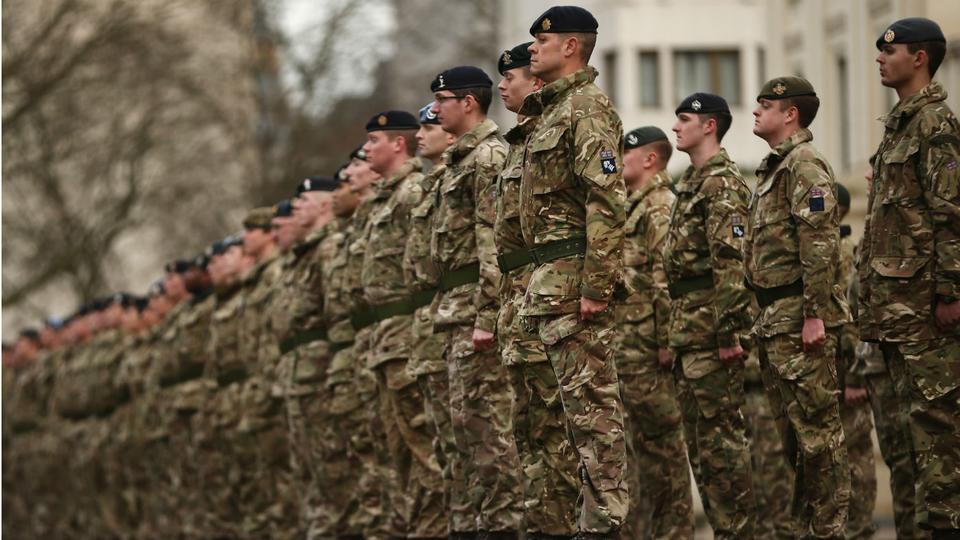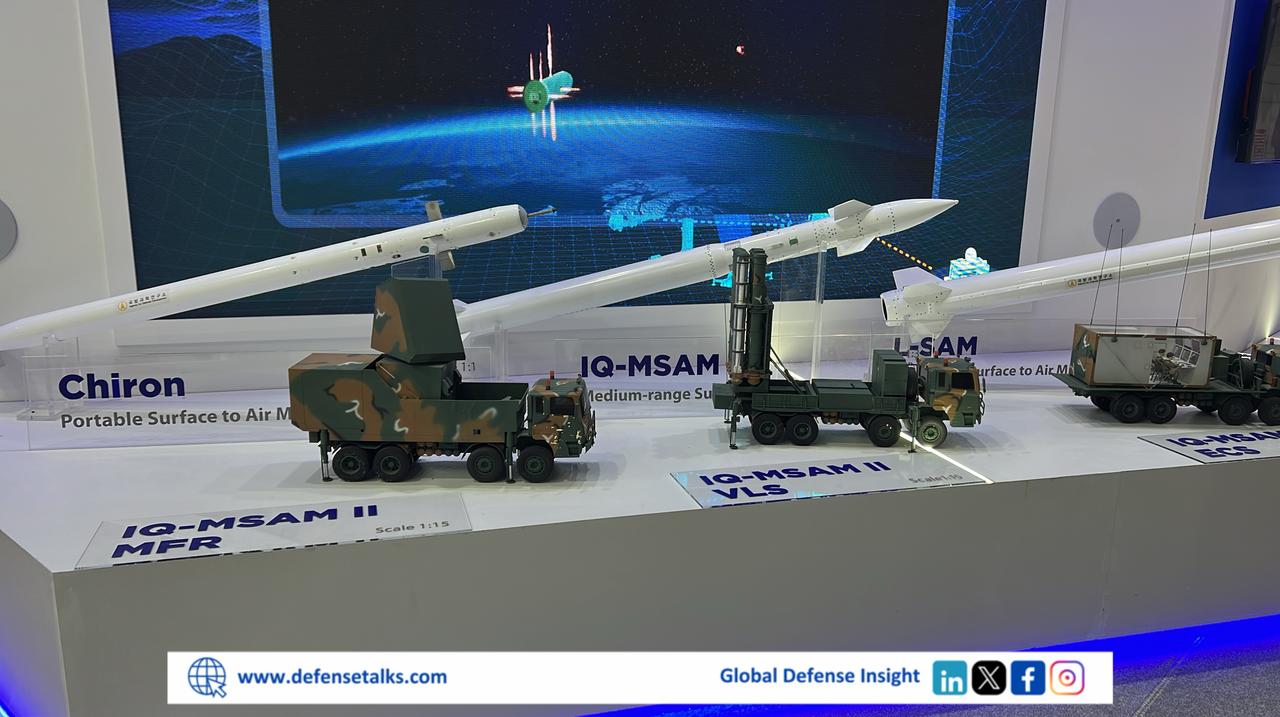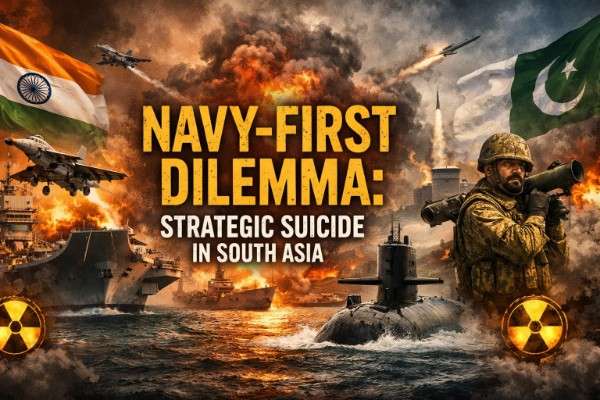In his speech given on the 28th of June, 2022, General Sir Patrick Sanders outlined what amounts to a revolution in British military orientation. Gone are “tripwire defence” and company-level deployments. The British Army will be deployed in force, and the General promises it will receive maximum support both from technological and organizational standpoints. He paints for us a picture of a lean, highly-sophisticated fighting force that represents the embodiment of the Future Soldier project.
This is all good stuff. Unfortunately, it is clear that General Sanders could not be as frank as he would’ve liked. He compares 2022 with 1937, and it is clear that he is making a thinly-veiled reference to the Chamberlain government’s decision to neglect the Army in favor of the RAF during the rearmament program adopted in that fateful year. He correctly reminds us of the failures of Appeasement and emphasizes instead the importance of containment by military force. Sanders judges Putin to be an opportunist and a gambler, much as Hitler was, and an examination of Putin’s past actions validates this viewpoint completely.
He might also have acknowledged another lesson of WWII – that decades of neglect cannot be undone by a sudden influx of cash. The British Army is the smallest it has been since the early 18th century, with the regular force numbering at around 82,000 and projected to be cut further down to 72,500 according to the latest Defence Review. Whether or not these cuts will go ahead is a question that General Sanders did not answer, but we know he holds decidedly negative opinions of them, as does Ben Wallace. We can only hope that, whatever the outcome of our political chaos, their views will prevail over the complaints of Her Majesty’s Treasury.
Read More: Pakistan’s Missiles: Shaheen I Ballistic Missile
This is of vital importance because the lesson from the fighting in Ukraine is that the days of the 72-hour war are over. Sanders himself has acknowledged this, reminding his audience of Russia’s tremendous regenerative powers in the face of defeat. Similar lessons apply to China. Were a conventional battle to emerge in the Baltic States against Russia, or against a Chinese beachhead in Taiwan, the fighting would take place in terrain that denies us a repeat of 2003.
We have already seen a foretaste of this in the Donbas, where the Russian Army, having proven inept at maneuver warfare, instead tries to bleed the Ukrainian Army white. At one point, the Ukrainian Defence ministry acknowledged that it was losing over a hundred men killed a day, and many more wounded.
The British Army is simply not ready for this kind of war. Our infantry corps is less than twenty thousand strong, which is likely too small to absorb the kind of losses seen above for any longer than a few weeks before battalions became ineffective. To minimize this, our commanders would be forced to deploy only a fraction of our combat strength at any given point. This would in turn greatly limit both the autonomy of British commanders and their ability to influence events on the battlefield, events in which Britain would have an enormous political and strategic stake.
Read More: British Army’s Latest Attack Helicopter: AH-64E Guardian
The regular Army, particularly the combat arms, must be expanded enough that they can absorb long-term attrition. Many proud regiments have been disbanded over the years – is it really not possible to re-raise them, as was often done in the past? The Swedes certainly have no qualms in doing so, and nor do the Canadians. Army procurement must likewise be reformed, and the Army Reserve greatly expanded.
There are many peace activists who will decry these proposals as provocative. What these activists fail to understand is that, in Bertold Brecht’s words, “war always finds a way.” If anything, lack of military preparedness simply guarantees that when a war does occur it is longer, bloodier, and riskier than might otherwise have been the case. Had the British Army been given the funds it needed in 1937 for example, the German offensive of 1940 might well have failed. Had this happened, there would have been no French collapse and no Nazi domination of Europe. With a fragile economy and no stunning victory to shore up its flagging popularity, the Nazi regime’s days would have been short.
We can never know for sure if this could have happened because the twin forces of pacifism and fiscal conservatism made sure that it didn’t. They must not be allowed to restrict British military potential in such a way ever again.
Reference:
Documents – United Kingdom 1930 – 1938 – British Military History
The Swedish Armed Forces expands – Swedish Armed Forces (forsvarsmakten.se)
Ben Wallace calls for higher defence spending by mid-2020s | Defence policy | The Guardian
Rebuke for army chief General Sir Patrick Sanders over cuts to the army | News | The Times
Author: William Morris is a Master’s student in War Studies at King’s College London, and specializes in the problems facing British home defense from the 18th century onwards, and has written for the Defence Post.














